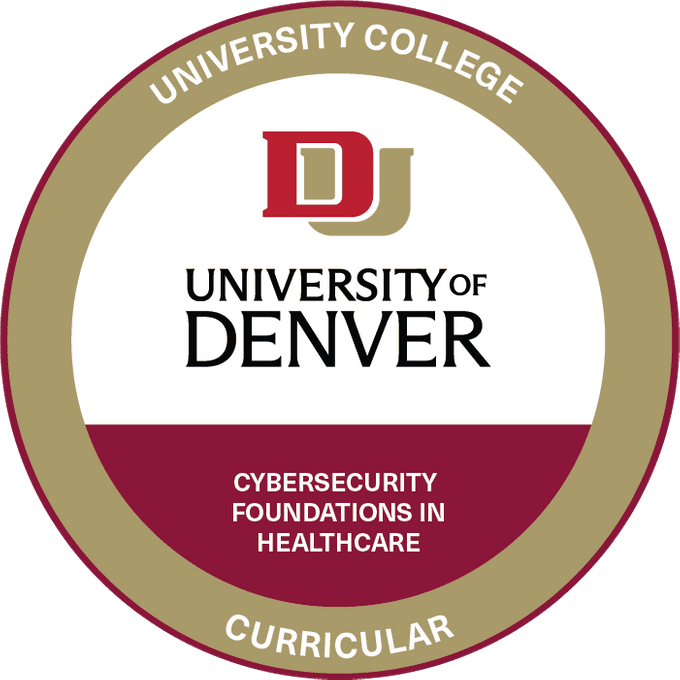Master’s Concentration
Telehealth and Virtual Care
Gain the expertise and technical capabilities to support cutting-edge telehealth and virtual care systems. You’ll build competencies with the current technology for telehealth and virtual care and learn how to properly support care in a virtual environment. Gain a deep understanding of the social determinants of health (SDOH) that impact patients and staff virtually, as well as the business strategy and policy behind telehealth. You’ll learn to conduct risk/benefit analyses and design strategic plans for effective virtual care and create models for the success of telehealth teams.
We're Here To Help
*Indicates a required field.
At a Glance
Classes Begin
June 17
Term Length
10 Weeks
Master's Degree
Tuition
$40,032

Top-Ranked University
U.S. News & World Report Rankings

Talk to an Enrollment Manager
Lindsey Ford
303-871-2492
Schedule an appointment
Email me
If you plan to study on an F-1 or J-1 visa, contact Tracy Joosten.
Free Application
University College is committed to educational access, and given the difficult circumstances currently impacting millions of people, we are waiving application fees.
Skills You’ll Learn
Analyze the systems needed to deliver virtual care
Design strategic plans for successful telehealth systems
Compare the risks and benefits of implementing virtual care
Curriculum
Master of Science in Health Informatics with a concentration in Telehealth and Virtual Care requires completion of 48 credit hours (12 courses).
6
Core Courses
4
Concentration
Courses
2
Elective Courses
Featured Instructors
Sample Schedule
Plan out your schedule and determine your preferred timeline for completing your master's degree—finish in as few as 18 months or take up to five years.
Interested in a graduate certificate?
Explore our four and six course graduate certificates in Telehealth and Virtual Care.
Interested in a digital badge?
Learn about badge requirements, how to apply, and more!

Cybersecurity Foundations in Healthcare
Take a Course Before You Apply
Career Outcomes
Predicted outcomes for graduates of Telehealth and Virtual Care
Healthcare is one of the fastest-growing industries in the nation, according to Monster.com.
Job Titles
Healthcare Project Manager
Healthcare Solutions Architect
Quality Assurance Analyst
Cloud Engineer Architect
Health Data Scientist
Chief Medical Analytics Officer
Mobile Software Engineer
Business Intelligence Developer
Healthcare Data Scientist Salary: National Average
$113,309
(Glassdoor.com)
Get Ahead with Career Services
One-on-one career coaching and mock interviews
Job database dedicated to DU students and alumni
Résumé and cover letter guidance
Hear from Our Students
Theme: Job Satisfaction
Health Informatics at the University of Denver
Flexible Online Classes
We understand the demands of balancing work, friends and family, and school can be challenging. That's why at University College, you can complete your program entirely online. Our online learning platform makes it easy to work anywhere at any time.
Accreditation
Higher Learning Commission
University College programs maintain the highest level of accreditation offered by The Higher Learning Commission, one of the regional accrediting bodies recognized by the federal government. The University of Denver and all of its academic programs are regionally accredited by this commission, and regional accreditation is the highest standard for universities in the United States.
HIMSS Organizational Affiliates
The HIMSS Academic Organizational Affiliate program shares industry knowledge and educates our students on critical issues in health information and technology by offering complimentary student memberships to HIMSS and other key benefits.
spacer
Curriculum Alignment
To ensure our programs meet industry needs, the curriculum is closely aligned with national organizations such as the American College of Healthcare Executives and Medical Group Management Association, as well as local organizations such as the Denver Medical Study Group.
Take the Next Step





